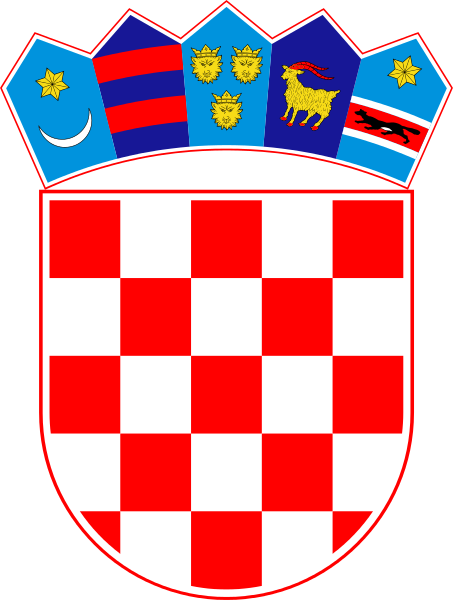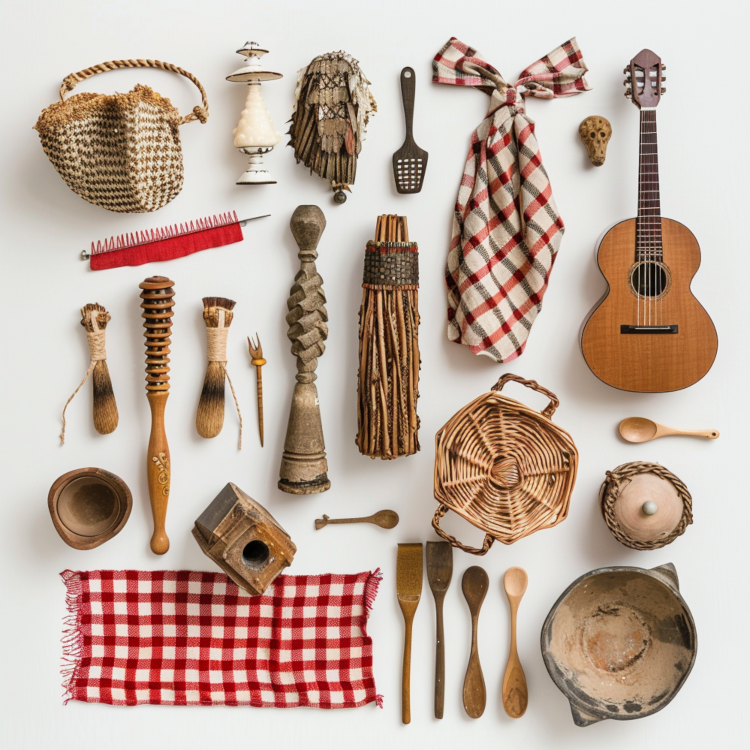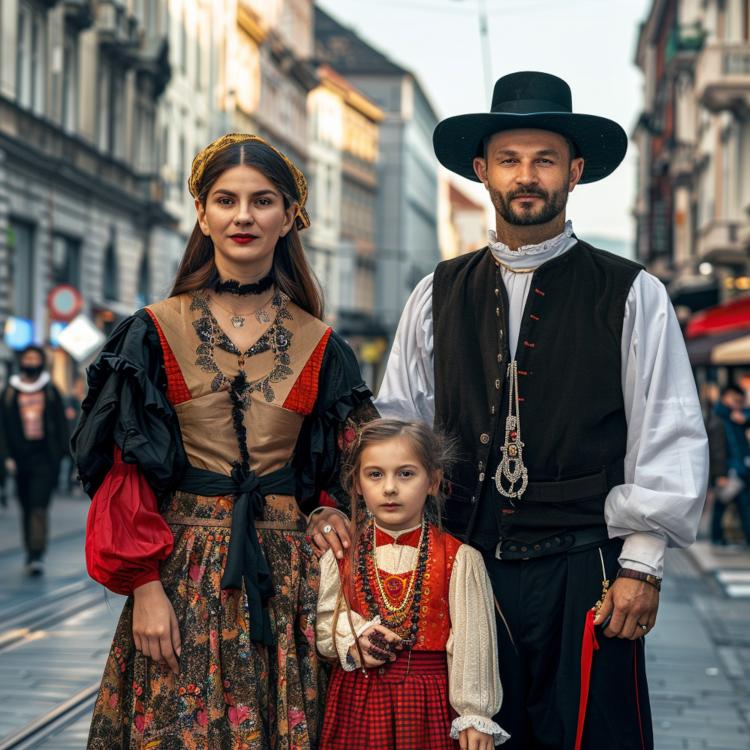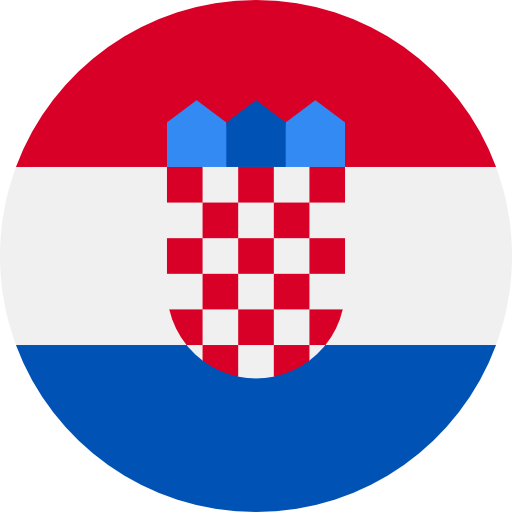About HR

Croatia is a country located in southeastern Europe, on the Balkan Peninsula. Here are some basic facts about Croatia:
Population: As of 2021, the population of Croatia is estimated to be around 4 million people.
Language: The official language of Croatia is Croatian, which is a South Slavic language. English, German, and Italian are also widely spoken.
Currency: The official currency of Croatia is the Kuna (HRK).
Government: Croatia is a parliamentary democracy, with a President as the head of state and a Prime Minister as the head of government.
Economy: Croatia has a mixed economy, with major industries including tourism, manufacturing, and agriculture. It is a member of the European Union and the World Trade Organization.
Geography: Croatia has a land area of approximately 56,542 square kilometers, with a long coastline along the Adriatic Sea. It shares borders with Slovenia, Hungary, Serbia, Bosnia and Herzegovina, and Montenegro.
Climate: Croatia has a Mediterranean climate along the coast, with hot summers and mild winters, while the interior has a continental climate with cold winters and hot summers.
Culture: Croatia has a rich cultural heritage that reflects its long history and influences from neighboring countries. Traditional Croatian cuisine includes dishes such as cevapi, grilled meat served with flatbread, and pasticada, a slow-cooked beef stew. Croatia is also known for its wine-making industry, and its traditional folk music and dance. The country has many historic sites, including the old town of Dubrovnik and the Diocletian's Palace in Split, which are popular tourist destinations.

National Culture Objects
Red and White Checkerboard (Šahovnica)
The red and white checkerboard pattern, known as the Šahovnica, is a prominent symbol in Croatian heraldry and represents the country's national identity. It is featured on the Croatian coat of arms and is a symbol of Croatian heritage and history.
The Tie (Cravat)
The necktie, or cravat, has its origins in Croatia, where it was worn by Croatian soldiers in the 17th century. It symbolizes Croatia's influence on global fashion and the cultural heritage of the country.
Dubrovnik's Old Town
The historic center of Dubrovnik, a UNESCO World Heritage Site, symbolizes Croatia's rich architectural and maritime history. Known as the "Pearl of the Adriatic," it represents the country's medieval heritage and cultural significance.
Plitvice Lakes National Park
This stunning national park, also a UNESCO World Heritage Site, symbolizes Croatia's natural beauty. The park is famous for its cascading lakes and waterfalls, representing the country's diverse and pristine natural landscapes.
Klapa Music
Klapa is a traditional form of a cappella singing that originated in Dalmatia, Croatia. It symbolizes the country's musical heritage and is an integral part of Croatian cultural expression.
Peka
Peka is a traditional Croatian cooking method using a bell-like lid to cook meat and vegetables over hot coals. It symbolizes the country's culinary traditions and the importance of communal meals in Croatian culture.
Glagolitic Script
The Glagolitic script is the oldest known Slavic alphabet and was used in Croatia during the medieval period. It symbolizes the country's historical contributions to Slavic literacy and cultural development.

The national anthem of Croatia is called "Lijepa naša domovino" (Our Beautiful Homeland). The lyrics were written by Antun Mihanović in 1835, and the music was composed by Josip Runjanin in 1846.
The anthem was first adopted as the national anthem of Croatia in 1972, when it was part of Yugoslavia. After Croatia gained independence in 1991, the anthem remained the same, with the addition of a shortened instrumental version for official occasions.
The anthem is a patriotic song that celebrates the natural beauty of Croatia and its people. It is often played at national and sporting events, as well as at official state ceremonies. The first verse is usually sung, as it is the most well-known and represents the heart of the anthem:
Lijepa naša domovino,
Oj junačka zemljo mila,
Stare slave djedovino,
Da bi vazda sretna bila!
Mila, kano si nam slavna,
Mila si nam ti jedina,
Mila, kuda si nam ravna,
Mila, kuda si planina!
Translation:
Our beautiful homeland,
Oh, our dear heroic land,
Old glory of our grandfathers,
May you be forever happy!
You are dear, as the fame of ours,
Only you are dear to us,
You are dear, wherever we go,
Dear, mountainous homeland!


